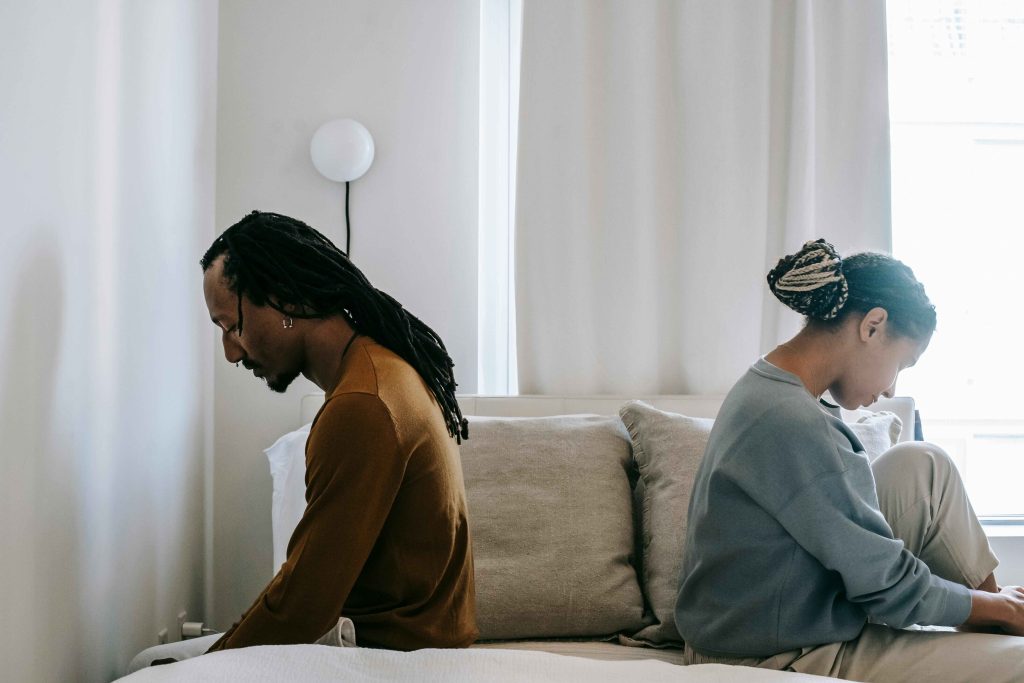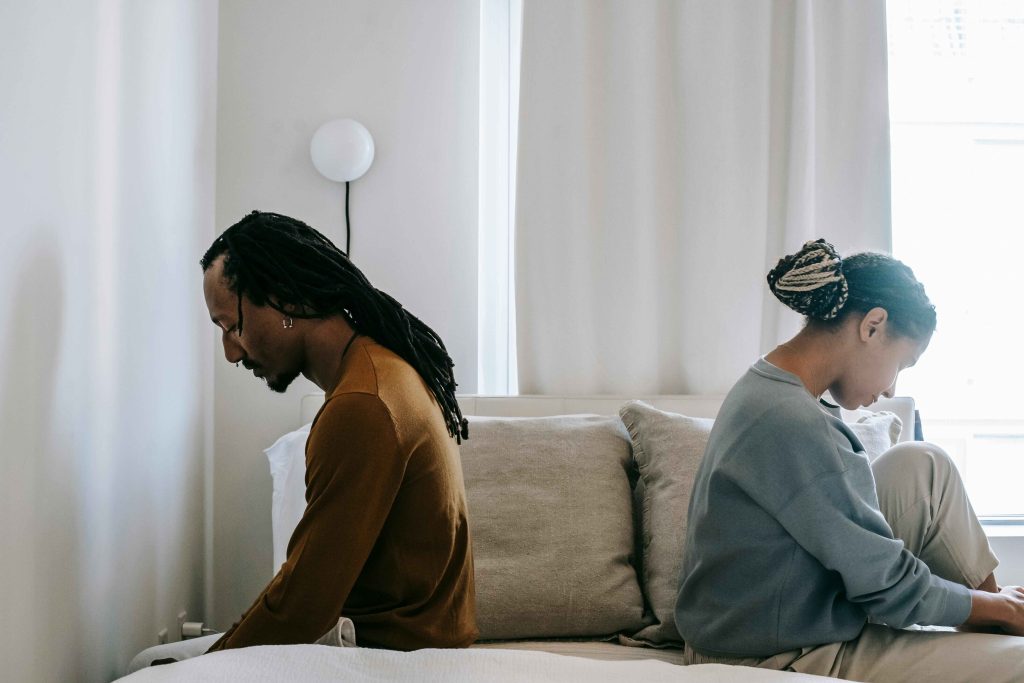Life after divorce and widowhood is not just about learning to live without a partner—it’s about navigating a deep emotional transition while facing societal expectations that often lack empathy. While these two life events differ in cause, both can lead to grief, isolation, and a need to redefine identity.
Whether it’s the end of a marriage or the loss of a spouse, both bring an emotional weight that’s often misunderstood. Divorce may involve judgment, legal battles, and social stigma. Widowhood can come with ritualistic restrictions and cultural silencing. Yet at their core, both experiences challenge individuals to rebuild from a place of loss.

Life After Divorce and Widowhood: Myths vs Reality
Despite their prevalence, divorce and widowhood remain wrapped in misconceptions. Some of the most common include:
Myth 1: “You should have moved on by now.”
Grief does not follow a timeline. Whether it’s navigating co-parenting or mourning a partner, the emotional process is personal and non-linear.
Myth 2: “At least you’re free now.”
Divorce may offer relief from an unhealthy marriage, but it also brings emotional exhaustion, financial strain, and the challenge of redefining one’s identity.
Myth 3: “Widows are treated with respect.”
In reality, many widows—especially in traditional societies—face silent exclusion and are expected to remain in mourning for extended periods.
Myth 4: “Your children will give you strength.”
While children can be a source of motivation, parenting through grief adds a unique layer of complexity. Managing one’s own healing while supporting a child’s emotional needs is no easy task.
For additional insights on parenting post-divorce, read: How to Date and Remarry While Co-Parenting After Divorce
The Cultural Reality of Widowhood in India
In India, widowhood often carries layers of social and cultural expectations that go beyond grief. From prescribed mourning rituals to the unspoken pressure to avoid celebration or remarriage, widowed women can face a form of social invisibility.
While some of these customs are rooted in tradition, they often result in limiting a widow’s ability to heal, reclaim her independence, or even express joy without scrutiny. Meanwhile, widowers are rarely held to similar standards.
This imbalance highlights the need for societal change—one that acknowledges widowhood as a time for support, not restriction.
Starting Over After Divorce or Widowhood
Life after divorce and widowhood often includes redefining roles, revisiting dreams, and in some cases, exploring love again. Co-parenting, dating, or considering remarriage are deeply personal choices—each carrying their own emotional weight.
For some, dating after loss may bring guilt or fear of judgment. For others, it may be an opportunity to rediscover companionship and self-worth. Either way, healing is not measured by how quickly one moves on, but by how authentically one rebuilds.
For related reading on emotional recovery: Divorce Grief – Verywell Health & Widowhood: Where normal becomes a fantasy – TOI Reader Blog
Healing Through Life After Divorce and Widowhood
Healing looks different for everyone. Some find solace in therapy or journaling. Others rediscover purpose through work, travel, or community. What matters is allowing space for the process—without comparison, without rushing.
Support networks—especially those designed for people navigating second chances—can offer critical validation. These are places where it’s okay to be uncertain, emotional, or hopeful, all at once.
How to Support Someone Rebuilding Life After Divorce or Widowhood
For those on the outside, support often starts with listening. Avoid offering unsolicited advice. Don’t assume someone’s strength means they’re okay. And remember, grief doesn’t end when the world thinks it should.
The most meaningful gesture? Presence. Sometimes, just being there—without judgment or expectation—can mean everything.
Begin Again, With Support That Understands
If you’re navigating life after divorce or widowhood, you don’t have to do it alone. Sign up at SecondSutra.com – a community built for second chances and emotional support.
Join our private Facebook group to share your story anonymously or listen to others walking a similar path: Healing Space – SecondSutra
Healing begins with being seen. We’re here to hold space for that.




